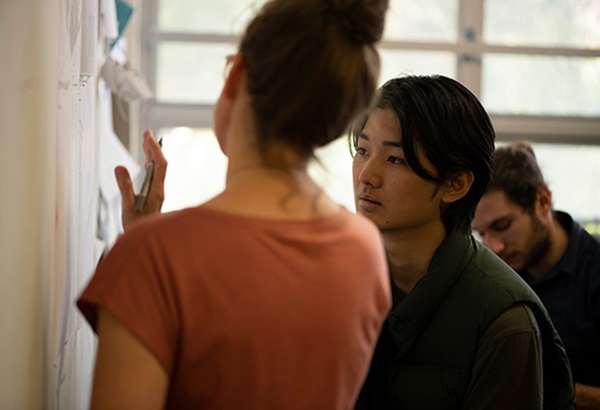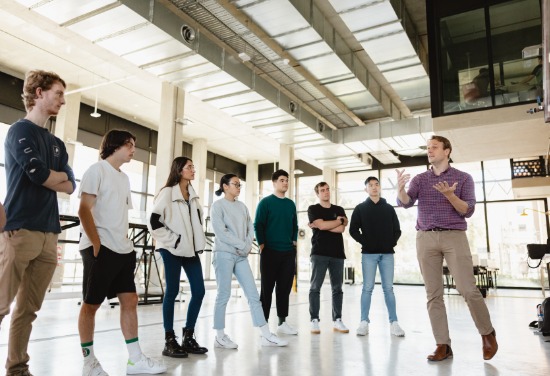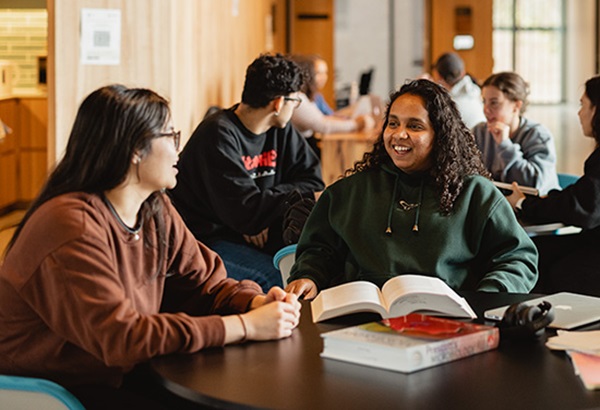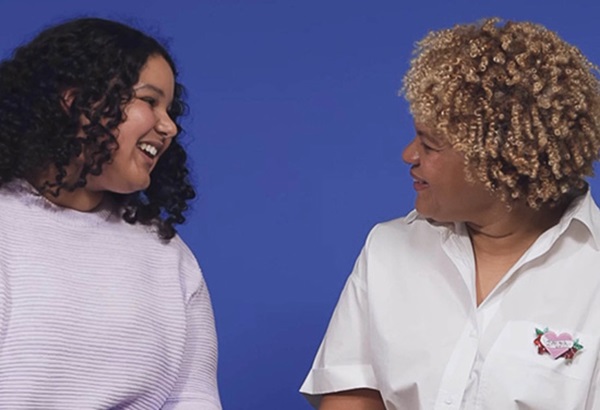Ellen is a UWA alumni and sessional academic, helping develop the new Bachelor of Social Work (Honours) degree launching in 2024. We spoke with Ellen to find out more about her journey to becoming a social worker.
Tell us about yourself and how long you have been working in Social Work

“I completed my Master of Social Work in October 2022. However, I have worked in various psychosocial roles for approximately seven years. I have held multiple positions during this time, from clinical mental health, counselling and case management to aged care consultancy, community development, disability rehabilitation, project management and social work student supervision.
I think the diversity of the work I have managed to undertake really speaks to the scope and breadth of social work practice. We aren’t restricted to one area of practice; we can use our knowledge and skills in various ways, from the individual to the community and wider social arena. I genuinely believe that our wide-ranging view on psychosocial challenges is what makes our work so unique and highly sought after.”
What inspired you to pursue a career in social work?
“My experiences as a young person greatly influenced my decision to pursue a career in Social Work. However, I must admit that psychology was my first choice. After completing my Bachelor's, I interned at child and adolescent mental health. In this role, I primarily focused on utilising cognitive therapies to treat various anxiety and depressive disorders. It was through this work that I realised I wanted to broaden the scope of my understanding of people and human behaviour – this led me to Social Work.”
What do you enjoy most about social work?
“The best part about social work is having many practical, philosophical and evidence-based tools that I can draw on and apply to various contexts and situations. I really enjoy utilising various skills, knowledges and ways of working to solve wide-ranging complex challenges to create positive outcomes for people, groups and communities.
Part of that work includes developing relationships with unique people from various walks of life and working alongside them to navigate, address and resolve challenges. For me, interpersonal skills are the most important part of Social Work. I think we overlook the complex micro-skills required to develop safe, trusting, and genuine connections with people in favour of hard clinical ways of working.”
What has been the highlight of your career in social work so far?
“The highlight of my career was working alongside Aboriginal and Torres Strait Islander people to seek compensation for historical abuse that occurred in Australian institutions. I was employed by Relationships Australia as a counsellor and case manager, with my primary focus being to collect people’s narratives of abuse for financial compensation, recognition and an apology from the institution responsible for the abuse.
I had the privilege of working closely with local Elders who introduced me to community members across the Northern Territory. I sat with many people from the Stolen Generation to hear their stories and work with them to seek justice for what they experienced. For many survivors, this was the first time revealing their stories and the first time someone had said what happened to them was wrong, it shouldn’t have happened, and it wasn’t their fault. I still think about the St Mary’s sisters and brothers, Retta Dixon mob, and all of those I worked with in Katherine, Kalgoorlie, Laverton and Leonora.
It was the most fulfilling Social Work role I have had because I got to work with fascinating, resilient people; understand government policy's impact on First Nations people and how it continues to affect their lives today; learn the importance of cultural protocols; and truly make a difference.”
What has been the most useful experiences and learnings that you’ve gained from your career?
“I have had many learning experiences, some good, some bad, some ugly. However, learning how to tailor my communication to suit the person and context of the situation has been an invaluable skill to develop because it allows you to build relationships, make connections and work towards desired outcomes. Communication is one skill that I practice most days.
Also, recognising that it’s ok to ask for help when you need it, that regardless of our position, were all on a learning journey, and we each have varying skills, knowledge and capacities. I tend to be hard on myself, so learning how to appreciate my unique skills and ways of working helps to resolve some of the self-imposed pressure.
Lastly, making mistakes, having interpersonal challenges, or ethical conflicts is part of discovering who you are, what you want, and where you may or may not need to improve. I have learnt a lot about myself through these experiences, which have helped me recognise my passions, the type of workplace I want to be in, and my limitations. That said, I’m sure these things will evolve again over time.”
What is you advice for those who are looking to pursue a career in social work?
“Social Work is for you if you’re interested in developing a broad understanding of people and communities, working alongside others to solve problems, create positive change, and build diverse skills that you can use across various practice areas. It is a profession that values people, identities, and socially just ways of working/outcomes. It intersects with many disciplines, from environmental sciences, psychology, sociology, politics, philosophy, economics and more. So, if you like variety, you may hit the mark with Social Work.
Advice would be to think about your interests, your motives, and influences. What draws you to the profession and why?
Lastly, remember that you’re just as important as the people you work with – you are the best tool in your toolkit, an asset to be drawn on and shared with others. Utilising your unique self and combing your skills with evidence-based approaches is the essence of what we do. Be yourself.”







